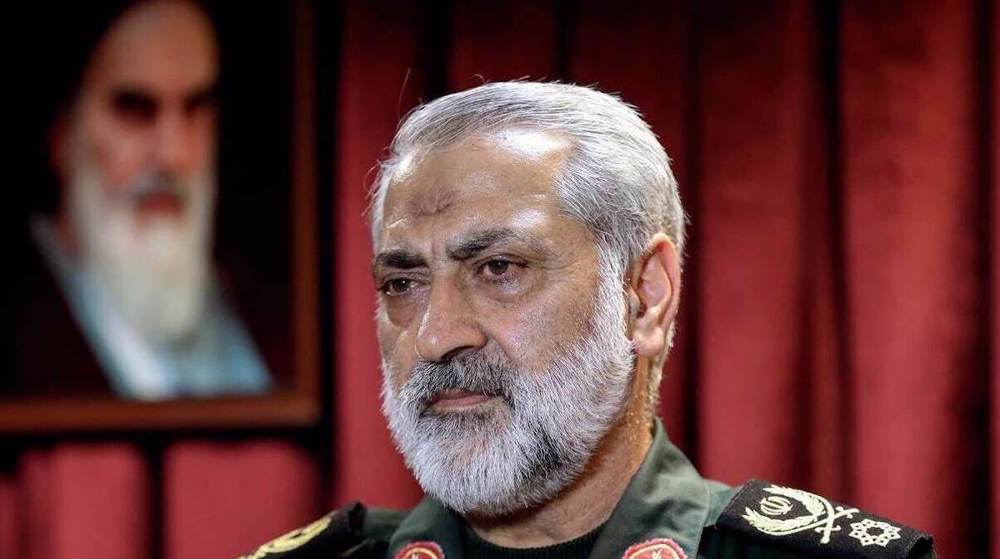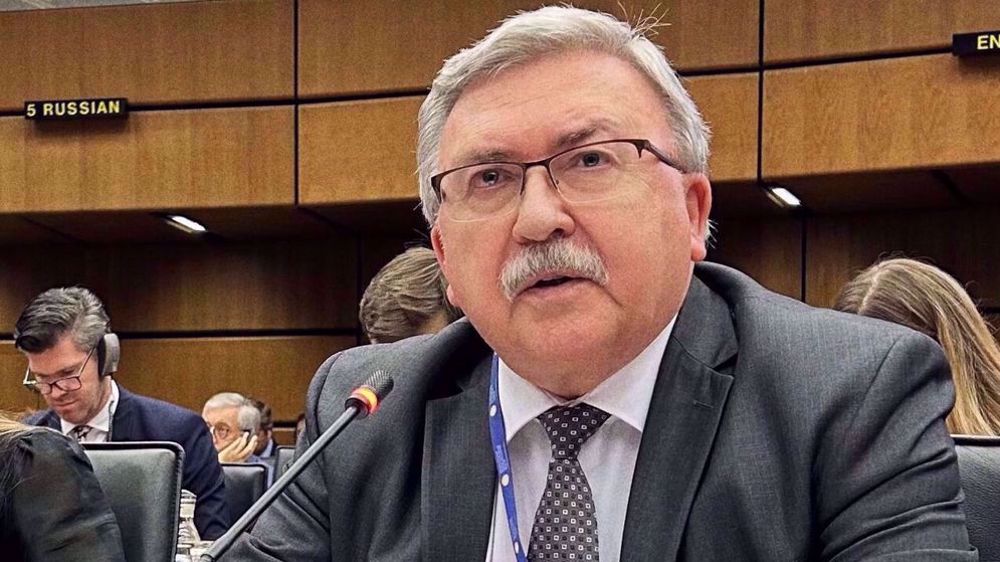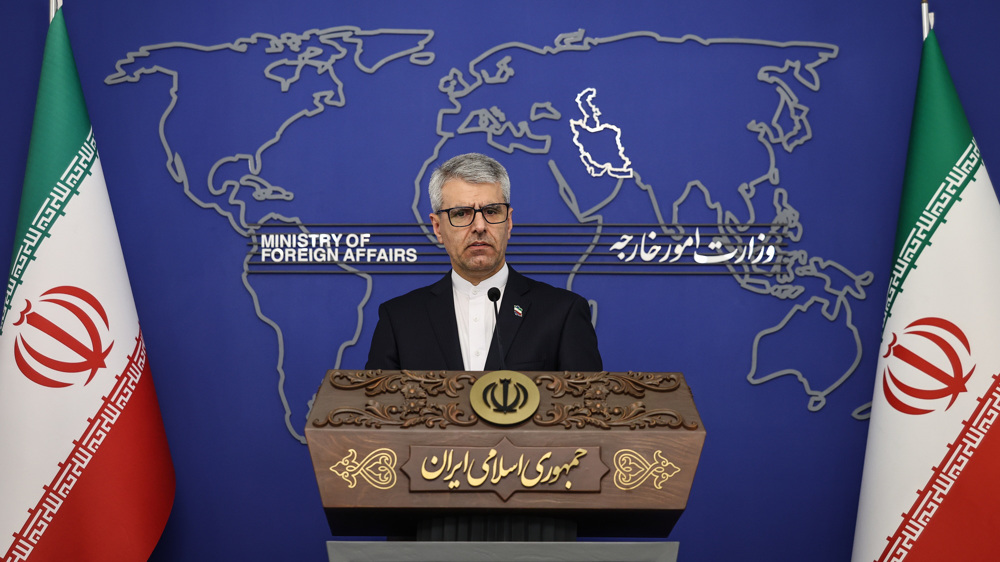US showing ‘some flexibility’ on Iran oil sales: Iran deputy FM
The Iranian deputy foreign minister for political affairs says the United States has shown “some flexibility” on the licensing of Iranian oil sales, and this showed that Washington failed in its policy of maximum pressure against Tehran.
Abbas Araqchi made the remarks on Saturday as he pointed to a short visit of Iranian Foreign Minister Mohammad Javad Zarif made last week to the summit venue of the seven top economic powers of the world, known as G7, in France where French President Emmanuel Macron talks with US President Donald Trump over defusing tensions between Washington and Tehran.
"Macron met with Trump during the G7 meeting and the US side has shown some flexibility in the licensing of Iranian oil sales," Araqchi said. "This is a breach in the US maximum pressure policy and a success for Iran's policy of maximum resistance.”
He described the country’s foreign policy as “active and dynamic” in various fields over the past year and underscored that the United States had been “isolated” following its unilateral approach toward Tehran, and the 2015 nuclear deal, known as the Joint Comprehensive Plan of Action (JCPOA).
Asserting that Washington’s policy of maximum pressure on Iran had been defeated, Araqchi also said Tehran had scaled back some of its nuclear commitments under the JCPOA and that the measure had been taken in response to the US reneging on the landmark deal.
Iran and the five permanent members of the United Nations Security Council – the US, France, Britain, Russia and China – plus Germany signed the JCPOA on July 2015 and started implementing it on January 16, 2016.
Under the landmark agreement, Iran undertook to put limits on its nuclear program in exchange for the removal of nuclear-related sanctions.
However, Trump pulled his country out of JCPOA in May last year and launched the “maximum pressure” against the Islamic Republic, re-imposing the sanctions lifted under the agreement.
Following Washington’s exit, Iran initially said it would stay in the deal if the other signatories — France, Britain, Germany, Russia and China — manage to offset Washington’s anti-Iran sanctions.
A year later, after the European sides failed to fulfill their end of the bargain, Iran suspended the implementation of some of its nuclear commitments under the JCPOA.
Venezuela denounces US for ‘greatest extortion in history’
VIDEO | Israeli strike kills three in Lebanon as regime mulls renewed war
VIDEO | Hundreds gather outside UK Ministry of Justice, demanding strikers’ release
VIDEO | Israeli forces launch major military operation in Qalandia, north of occupied al-Quds
VIDEO | Press TV's news headlines
VIDEO | Israel's expansionist schemes
New Epstein files lay bare Trump's 'love for young girls,' links to sex offender's death
Libya’s army chief killed in Ankara plane crash after high-level talks with Turkish officials




















 This makes it easy to access the Press TV website
This makes it easy to access the Press TV website